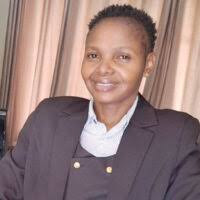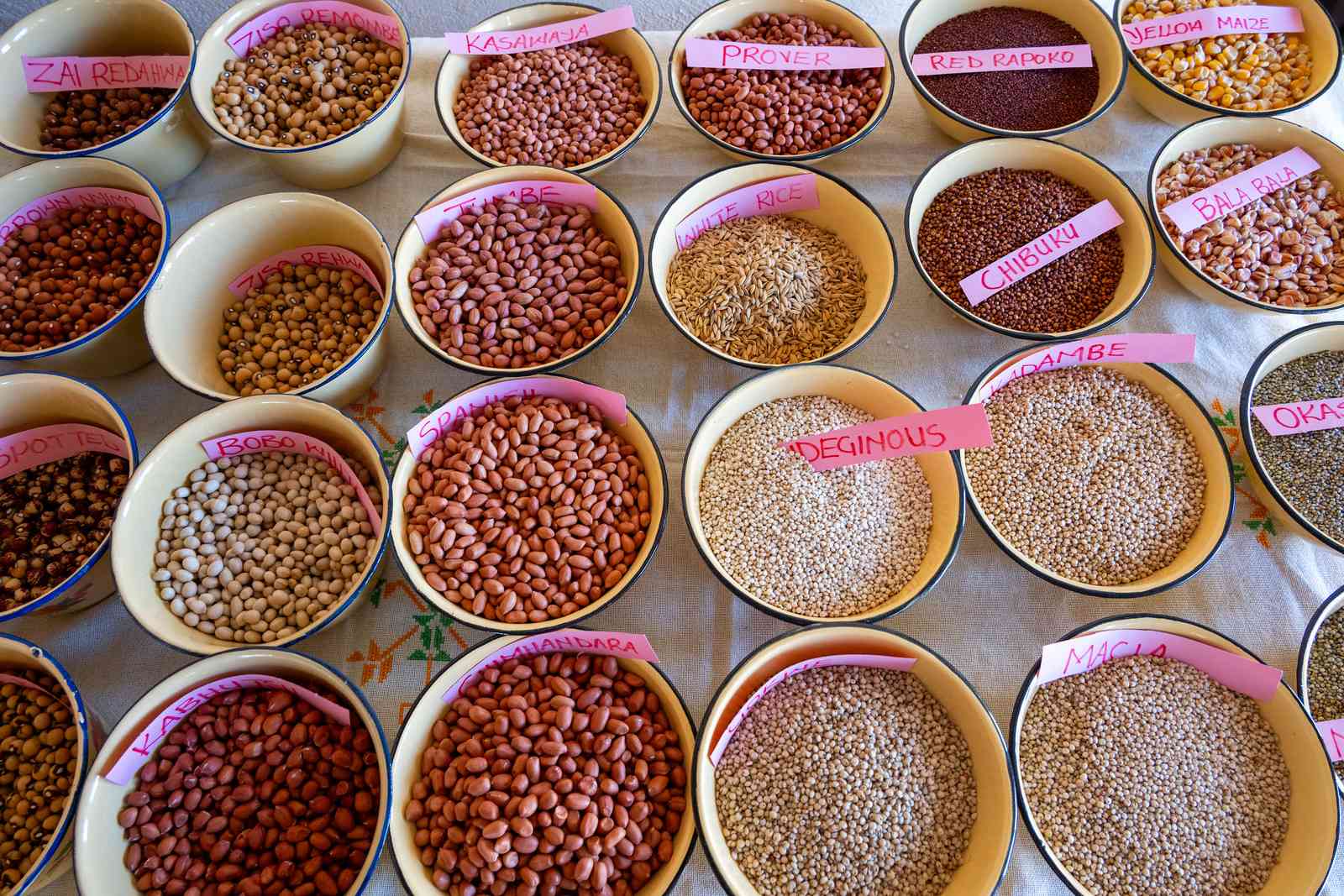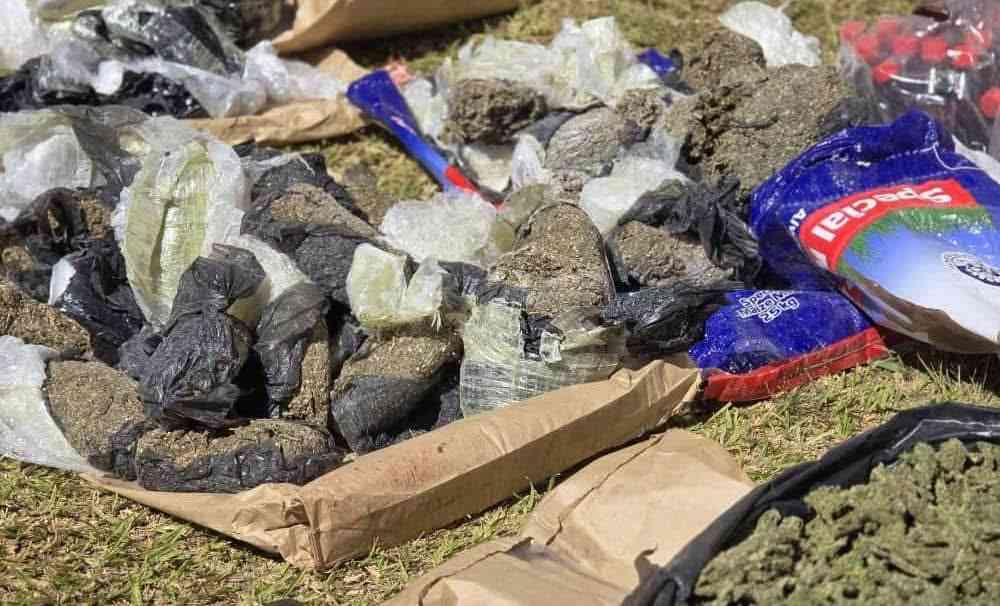
APPROXIMATELY 1 423 people have been screened based on symptoms during the ongoing TB screening outreach targeting mining communities in the Midlands province.
The screening exercise, being spearheaded by the Union Zimbabwe Trust (UZT) with funding from the Stop TB Partnership (Global), began two weeks ago and has received a favourable response, with 1 323 X-rays performed, 292 specimen, 14 silico-TB, silicosis 21 and 29 TB cases recorded so far.
The innovative TB screening outreach project seeks to promote early detection and treatment in high-risk artisanal mining communities of Mberengwa and Zvishavane.
Speaking during the inaugural screening outreach at Vanguard business centre, a small but busy mining community in Mberengwa, Midlands provincial medical director Mary Muchekeza applauded the initiative saying it was a game- changer.
“We are here to launch a game- changer project in the diagnosis of TB and silicosis, particularly in settings like these mining communities, targeting artisanal miners and ex-miners,” she said.
“I am aware that as miners, you are very busy, that is why we have come to you with an X-ray machine and if you are asked to submit sputum for testing, it will be done here.
“This reduces the amount of time people previously had to endure, thus, ensuring people get treatment and care much faster,” she said.
The project is using a mobile model approach, providing portable sensitive TB screening methods using an ultra-portable digital X-ray enabled with CAD-AI [Computer-Aided Diagnosis] that allows real-time interpretation of clients’ X-ray images for abnormalities suggestive of TB and silicosis.
- NGO ‘builds bridges’ in Mberengwa
- Vote Zanu PF, chief tells villagers
- Mberengwa clinic gets tap water
- Clash over vendors, youths welfare
Keep Reading
Rapid field specimen testing for diagnosis is also part of the project as well as integrated service delivery for other conditions like silicosis, malnutrition and alcohol-use disorders.
Under the programme, screening outreaches will be conducted at artisanal small-scale miners (ASM)’s workplaces during daytime and at social drinking points during evenings (moonlight screening), complemented by enhanced routine community screening by trained community health workers.
Additionally, screening will be done at primary healthcare facilities where access to X-ray services is currently limited.
UZT executive director Ronald Ncube said traditionally, TB screening had relied heavily on passive case finding, where individuals with symptoms voluntarily present themselves at health facilities for diagnosis and treatment.
“What sets this model apart is its integration of TB screening with services for silicosis, malnutrition and alcohol-use disorders, offering comprehensive care closer to where people live and work,” he said.
“By shifting from a passive, facility-based and disease-specific model to a proactive, integrated and community-focused approach, the project is designed to catch more cases earlier and improve linkage to timely and appropriate care.”
The project is being implemented in two districts of Midlands province — Mberengwa and Zvishavane — selected due to their high tuberculosis burden and significant ASM activities.
Interventions will be prioritised around 20 health facilities’ catchment areas across the two districts.
A collective 270 community and healthcare workers were oriented and trained across five clusters and 25 health facilities respectively, equipping them to support community screenings, outreaches and provision of essential health services.
To date, two screening cycles have been done representing four out of 33 campaigns in both Mberengwa and Zvishavane, employing both daylight and moonlight screening models.
Nkulumo Ncube, Zvishavane district TB and Leprosy co-ordinator, said: “We are happy to be one of the districts selected to implement the project. It is an opportunity to improve on TB case finding in our communities.
“This programme, due to the nature of its approach, will empower communities in the fight against TB, bringing us closer to a TB-free Zimbabwe.”








